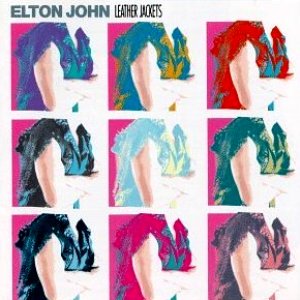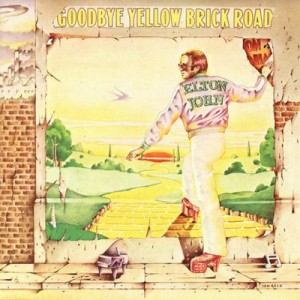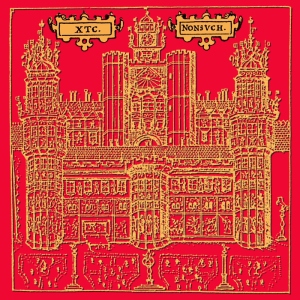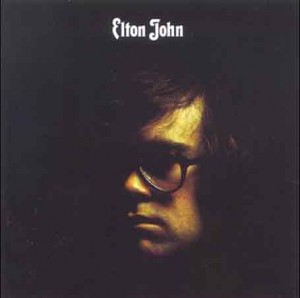
"Leather Jackets" Was Issued In 1986, And It Is Regarded As One Of Elton John's Biggest Failures. It Was The First Album Since "Tumbleweed Connection" To Yield No Top 40 Singles.
It is generally accepted that the ’80s were spotty years for the vast majority of artists that had careers which had commenced in the previous decade (or decades). The other day I was talking with a fan of Bowie that made some of the most venomous comments I had ever heard in my life about anybody regarding Ziggy Stardust and his output during that decade. And from an entirely objective viewpoint, I can’t speak much better about my favorite bands – The Who released only two albums back then, and they are traditionally considered artistic dead ends in themselves. Although I am fond of “Face Dances” (and quite fond of it at that), if you were to look at it objectively the disc is just an intermittent reminder of what used to be, whereas “It’s Hard” is inexcusable. For its part, even XTC (a band that is characterized for not stepping out of line) missed the boat with the release of “The Big Express”. And there is Elton John.
The decade had started on the wrong foot with the release of the “Victim Of Love” album, and it was to be a bumpy ride from that point until he (sort of) reinvented himself in the ’90s as an adult entertainer. Some of his worst-selling albums ever came during the ’80s, and while some of these discs weren’t really that bad (The Fox), some deserved all the stick they got. And this is one of these.
“Leather Jackets” is the kind of album that can only be listened to with one finger on the fast-forward button. It produced no hit singles at a time in which Elton was known for churning them out quite easily, and Elton was later to disown the album completely. The album was also the last Gus Dudgeon would helm for Elton – he was given a second chance after “Ice On Fire”. Sadly, the soft rock approach he applied just buried the bits that could have been interesting (like Davey Johnstone’s guitar), driving another definitive nail in the coffin and ending a truly memorable partnership in an unnecessarily low note. Continue reading



